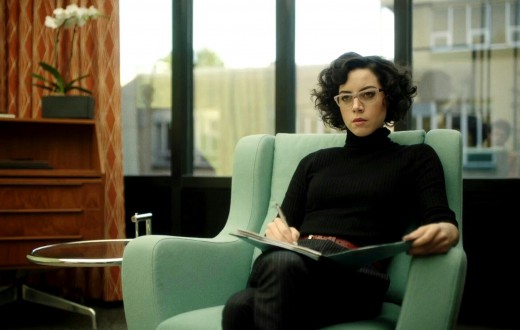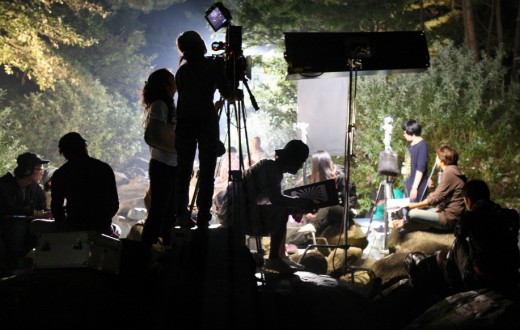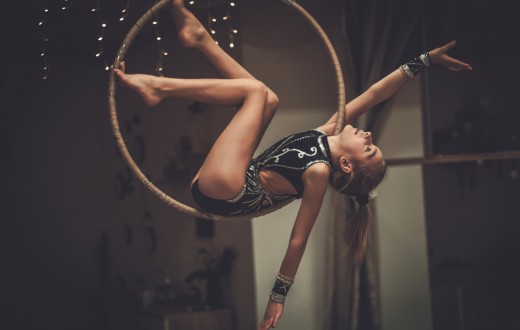Many actors commonly experience performance anxiety, also known as stage fright. The stress of delivering an engaging performance can occasionally become overpowering, resulting in feelings of anxiety and nervousness. However, with effective strategies and techniques, actors can learn to manage and even utilize this energy to enhance their performances. Let’s explore various approaches and tips to help actors overcome performance anxiety and deliver their best on stage or in front of the camera.
Understanding Performance Anxiety
Performance anxiety is a common reaction to the pressure and demands that come with performing. It shows up as physical signs like a faster heartbeat, sweating, shaking, as well as mental signs such as fear, lack of confidence, and pessimistic thoughts. The initial step in handling performance anxiety is acknowledging and embracing it as a regular aspect of the experience. Once actors acknowledge these emotions, they can start dealing with them in an efficient manner.
Preparation is Key
Thorough preparation plays a crucial role in managing performance anxiety. Your confidence level is intricately linked to the extent of your preparation. It entails having a deep understanding of your lines, fully immersing yourself in your character, and engaging in extensive rehearsals. Take the time to become acquainted with the script, delve into your character’s motivations, and explore various interpretations. By dedicating ample time and effort to preparation, you will gain a sense of control over your performance, ultimately diminishing anxiety.
Breathing and Relaxation Techniques
It’s highly recommended to practice diaphragmatic breathing in order to effectively calm the nervous system and alleviate physical symptoms of anxiety. This involves taking deep breaths through the nose, briefly holding the breath, and exhaling slowly through the mouth. Another effective method is progressive muscle relaxation, which involves consciously tensing and then releasing different muscle groups to release tension and promote relaxation. By incorporating these techniques into your routine before auditions or performances, you can improve concentration and manage anxiety. I have fond memories of doing these techniques as a child, not even realizing what anxiety was at the time. My parents used to do them with my brother and me, which may be why I had a stress-free childhood!
Positive Visualization and Self-Talk
Visualize yourself performing with confidence and success. Envision the situation, experience the emotions, and picture the audience or casting directors responding positively. Moreover, counter negative thoughts and self-doubt with positive self-talk. Replace pessimistic inner dialogues with affirmations and uplifting statements like “I am ready,” “I possess talent,” and “I am capable of achieving this.” By consistently reinforcing optimistic thoughts, you can boost your confidence and reduce anxiety.
Physical Warm-up and Energy Release
Engaging in physical warm-up exercises not only readies your body for performance, but also aids in the release of nervous energy. Some examples of such activities include stretching, vocal warm-ups, and physical exercises like jumping jacks or jogging in place. By partaking in these activities, you can enhance blood circulation, alleviate tension, and channel nervous energy in a positive manner. Check out this 5 Min Full Body Warm Up with Caroline Girvan.
Focus on the Present Moment
To effectively cope with performance anxiety, it’s essential to shift your focus towards the current moment instead of dwelling on future worries or past mistakes. Instead of letting your mind wander, consciously concentrate on your breath, the environment, and your fellow performers. By actively listening and observing, you can anchor yourself in the present and actively participate in the performance.
Connect with the Character and the Audience
Acting is about connection and storytelling. When you feel anxious, shift your focus from yourself to the character you are portraying and the story you are telling. Understand the character’s journey, their desires, and conflicts. By fully immersing yourself in the character’s world, you can detach from your own anxieties. Focus on connecting with the audience or your scene partners. Engage with their reactions, listen to their cues, and allow their energy to fuel your performance.
Seek Support and Professional Help
If performance anxiety becomes overwhelming and starts interfering with your career, consider seeking support. Talk to fellow actors who may have experienced similar challenges. Share your concerns with trusted friends or mentors who can provide guidance and encouragement. There are therapists or coaches who may specialize in performance anxiety. They can provide personalized strategies and tools to help you overcome stress and develop resilience.
Performance anxiety is a condition that can have a detrimental impact on individuals in different areas of their lives, extending beyond those in the entertainment industry. It has the potential to impede personal development, restrict professional prospects, and influence relationships. By actively addressing this condition, individuals can regain control over their lives and unleash their complete capabilities. Do not allow performance anxiety to hinder your progress — seek assistance and seize control of your future.







